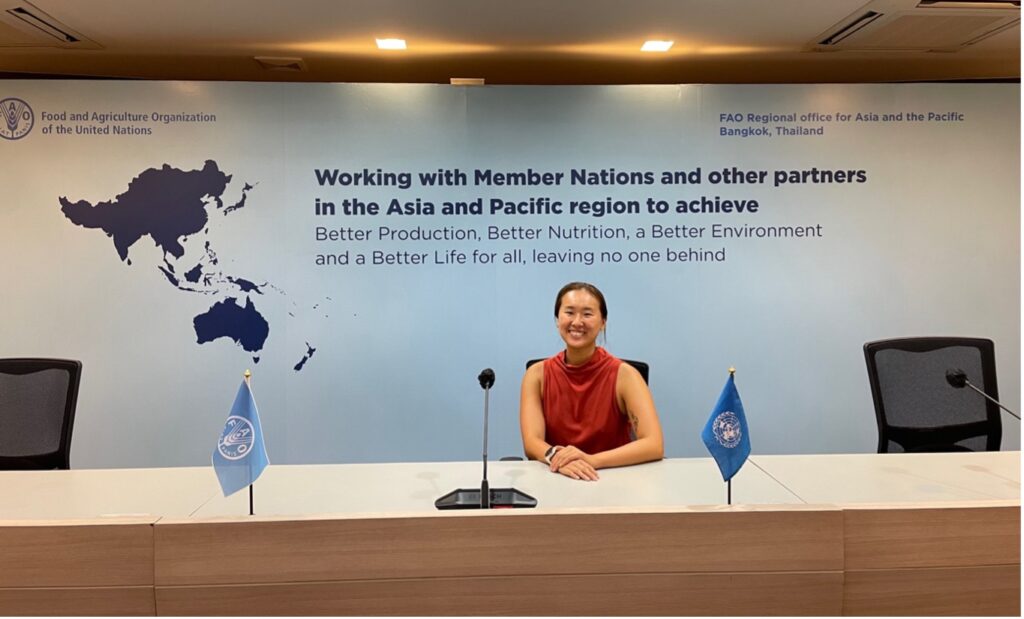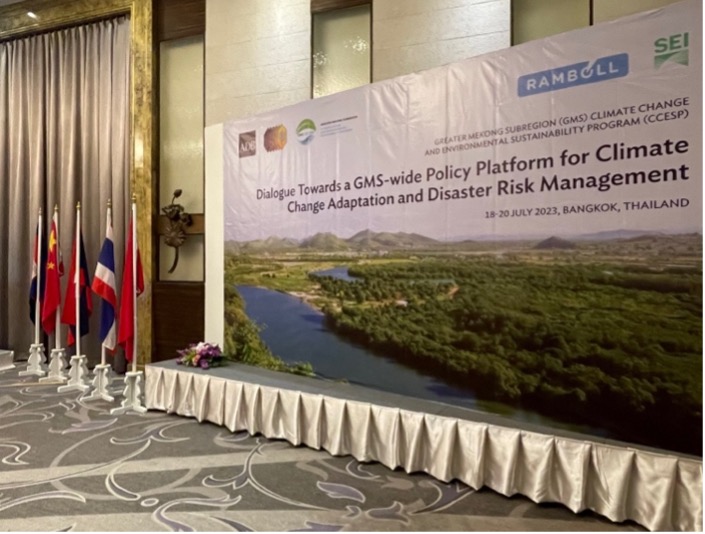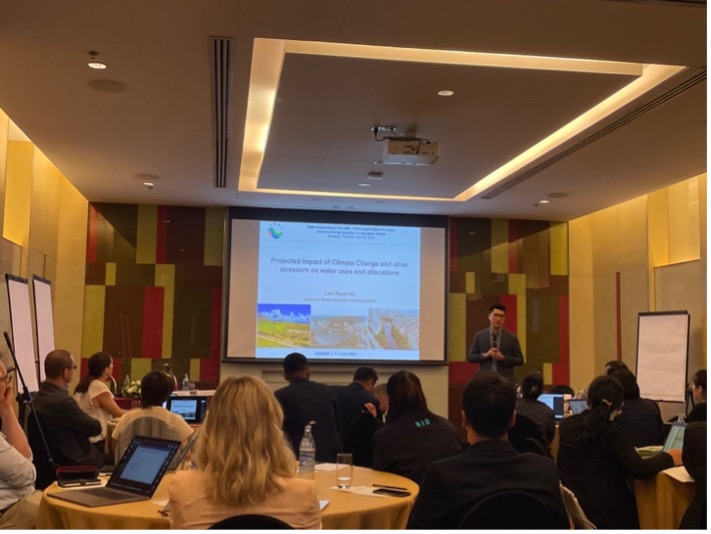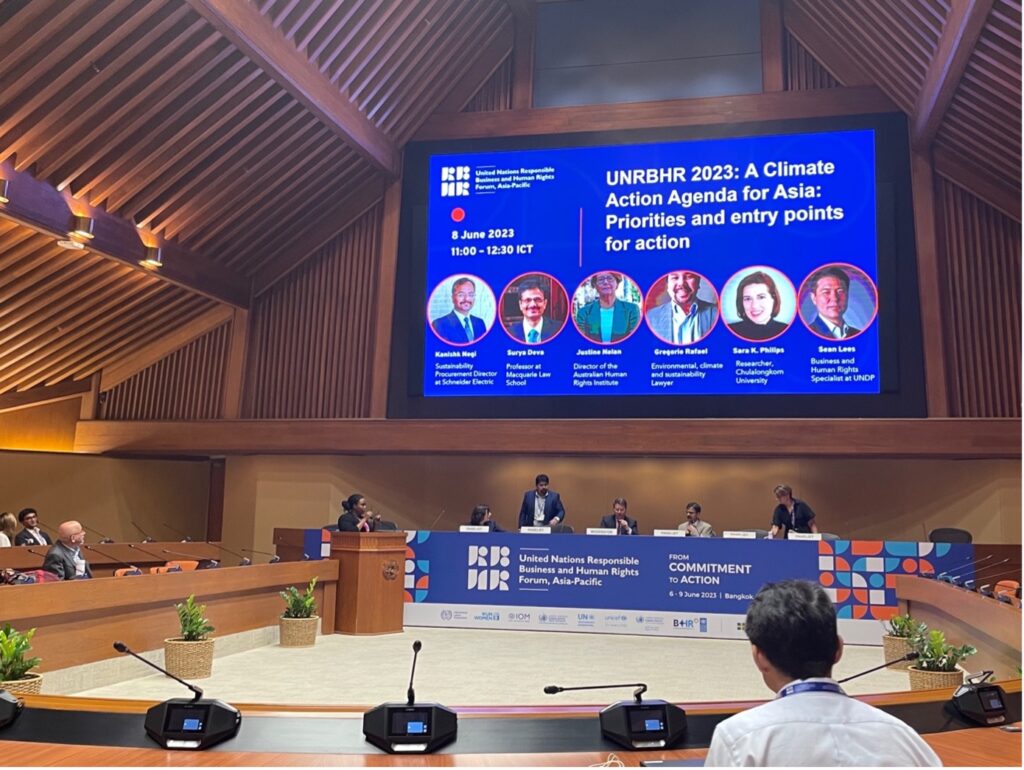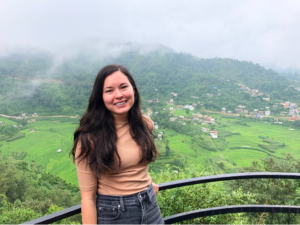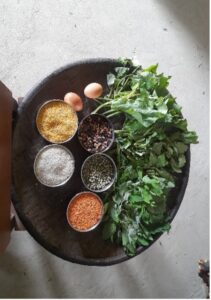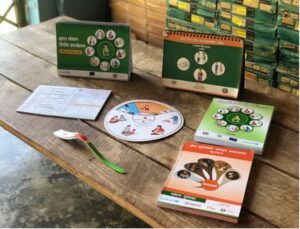Hi Everyone! My name is Tessa Carovich and I am a PharmD/MPH dual degree student. For my summer practicum, I am spending time on the Red Lake Reservation in Northern Minnesota with the Indian Health Service (IHS) doing both public health and pharmacy work. Over my past two weeks here, I have spent time getting to know what the reservation has to offer and getting background on the community that I am serving this summer. The Red Lake Reservation is north of Bemidji and has the tribal government located on it, an IHS Hospital, which the community utilizes for their healthcare and pharmacy needs, and multiple powwow grounds. English is considered a second language on the reservation as many members of the community speak Ojibwe, preserving the tradition and culture of the tribe. A unique part of the Red Lake Reservation compared to the other reservations in the area is that it is “closed,” meaning that few people who are not tribal members live on the reservation. Due to the “closed” status, the tribal government can limit who lives or visits. Because of this, the state courts and government have no jurisdiction on the reservation, and everything is run by the Tribal Council and Federal Courts. Another interesting aspect of the Red Lake Reservation is that it is considered a “dry” reservation meaning no alcohol is allowed to be sold, consumed, or had while on reservation grounds.
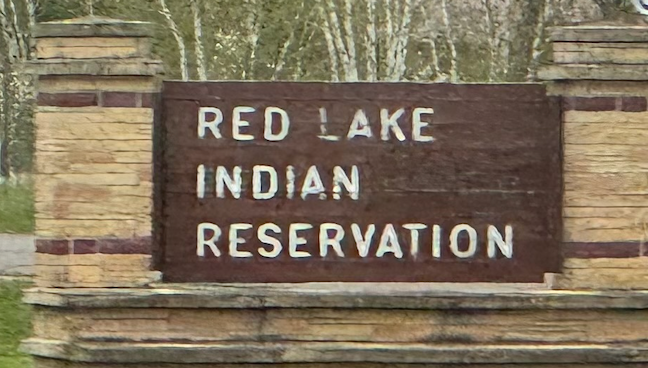
Since alcohol is not allowed, it has led to a major drug problem on the reservation. It is known in tribal communities that syphilis and hepatitis c are very common among drug users. To help mitigate the problem, kits are made within the pharmacy at the hospital to be handed out to community members. The kits include needles/syringes, a sharps container, a tourniquet, and condoms. Along with the kits, Narcan is also readily available to be handed out. Community members can come into the pharmacy to pick up the kits and/or Narcan. There is also a walk-up harm reduction clinic set up once a week on the reservation for people to come to. During the summer months, there is a community van that will drive the reservation also providing these same services along with a syringe exchange program. By going out in the van, it allows us to reach the more remote areas on the reservation and provide education to the community members. I am excited to continue immersing myself in the culture here and make a difference among the community.
Tessa

